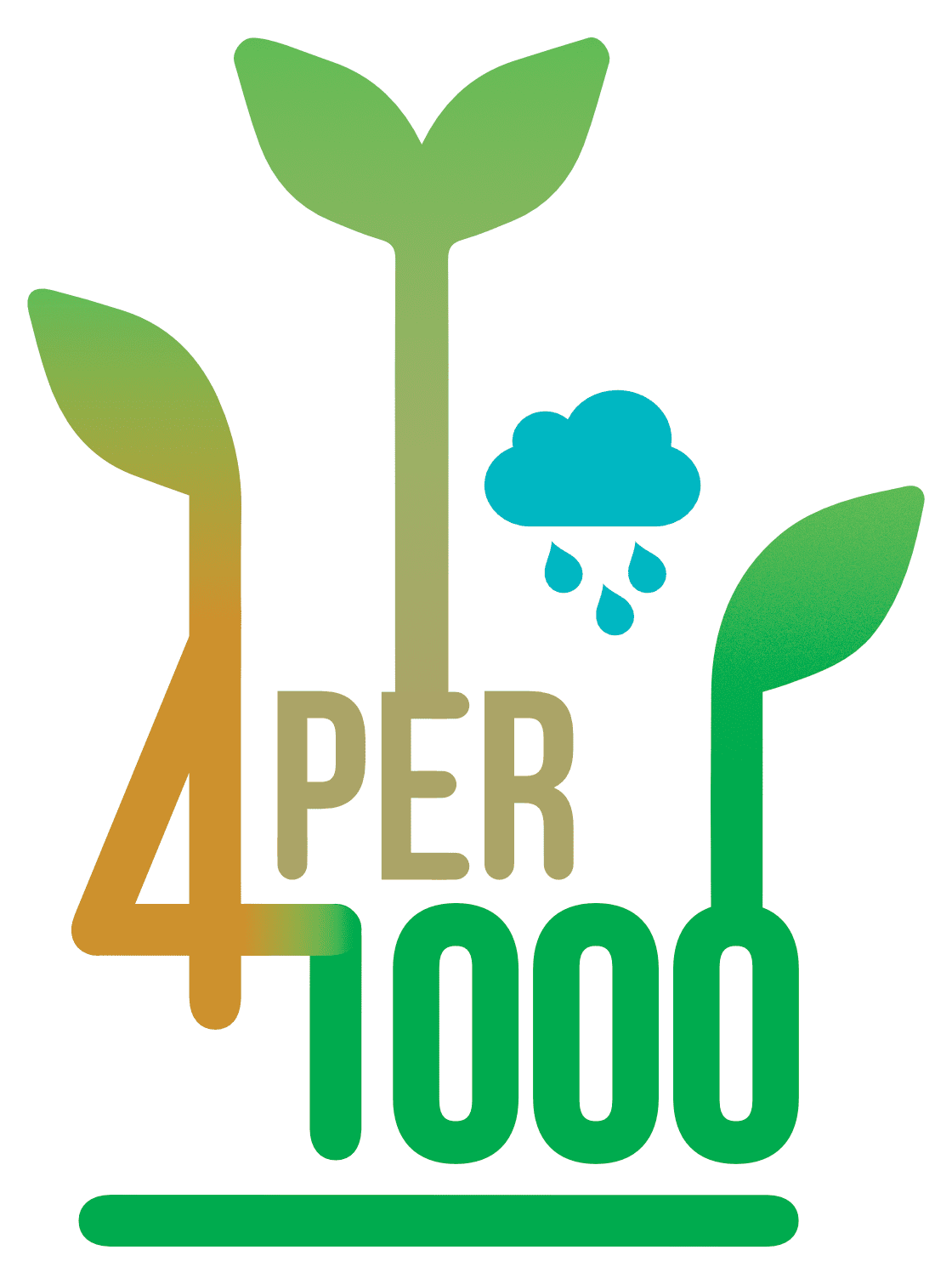The “4 per 1000” Initiative with UNCCD, Global Soil Partnership, ITPS, Drynet, ICRAF – World Agroforestry, CGIAR – CCAFS, has submitted, as part of the Koronivia Process (KJWA), the following proposals.
SBSTA50 – The “4 per 1000” initiative, CCAFS and the University of Vermont co-organized with Cirad, INRA and IRD, a SBSTA50 side event “Enhancing NDC ambition through soil organic carbon sequestration: A science-policy dialog”on 26 June 2019 in Bonn (Germany)
To read the publication “Enhancing Nationally Determined Contribution (NDC) ambition for soil organic carbon protection and sequestration – Dr. Liesl Wiese, Dr. Viridiana Alcantara-Shivapatham, Dr. Lini Wollenberg, click here
The Koronivia workshop on soils showed a constant interest in science, particularly in MRV and co-construction of practices. It was introduced by a presentation by Claire Chenu, member of the Scientific and Technical Committee (STC) of the “4 per 1000” Initiative. The co-chair of the Integrated Research Group of the Global Research Alliance (GRA) on Soil Carbon and a member of the STC of the “4 per 1000” Initiative, Beverley Henri, presented the GRA; and Jean-François Soussana presented CIRCASA. In conclusion, these points underlined by Claire Weill (INRA):
- Support for a quantified and practical soil organic carbon target for transparency in the NDC Uncertainty should not impede action, we can learn by doing (research).
- The good news is that we have co-benefits of carbon sequestration (adaptation, water, mitigation, biodiversity), which provides an entry point for action and opportunity for integrated approach to policy/programs/policy coherence
- Policy coherence and stability are necessary for long-term carbon sequestration
- Work with stakeholders to identify implementation strategies, relevant to country-specific conditions, taking into account existing national policies, programs and practices.
